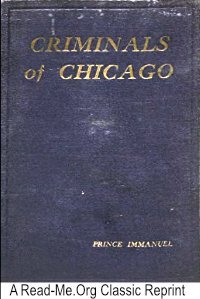By Paul M. Reeping & David Hemenway
Background: Previous studies have linked weather to crime and aggression but have not considered the causal structure of the variables included in the model(s).
Methods: This cross-sectional study used data from 2012 to 2016 to measure the association between weather and the number of shootings in Chicago. The number of shootings per day was obtained via the Chicago Tribune (2012–2016). Daily high temperature, humidity, wind speed, difference in temperature from historical average, precipitation type, and amount, were extracted via The Weather Underground. Weekends, holidays, and other non-school days were also included as possible effect measure modifiers. Causally adjusted negative binomial regressions were used to evaluate the associations between the exposures of interest and the daily number of shootings.
Results: A 10-degree (°C) higher temperature was significantly associated with 34% more shootings on weekdays and 42% more shootings on weekends or holidays. A 10-degree higher temperature than average was also associated with a 33.8% higher rate of shootings.
Conclusion: In recent years, shootings in Chicago were more likely to happen on warm days and especially during the weekends or holidays. This finding is in line with studies that have linked crime to higher temperatures and also suggests that shootings may be related to when individuals are outside and more likely to encounter violence. Interventions that keep people inside, such as air-conditioning and summer programs for students, might be effective in reducing the number of shootings in Chicago. We believe using a causal structure is useful for understanding the link between weather and shootings.
Injury Epidemiology volume 7, Article number: 31 (2020)



